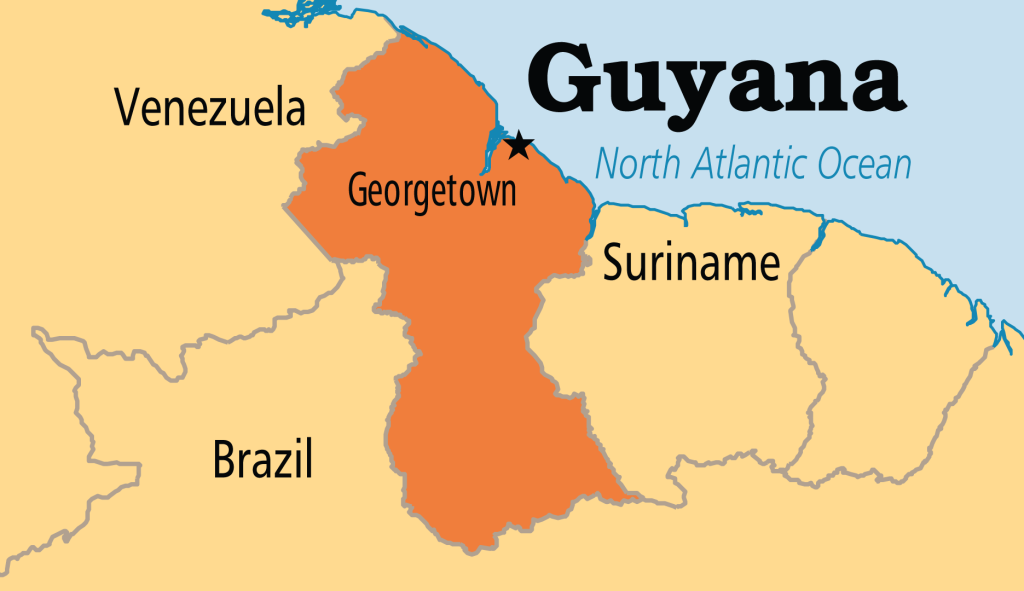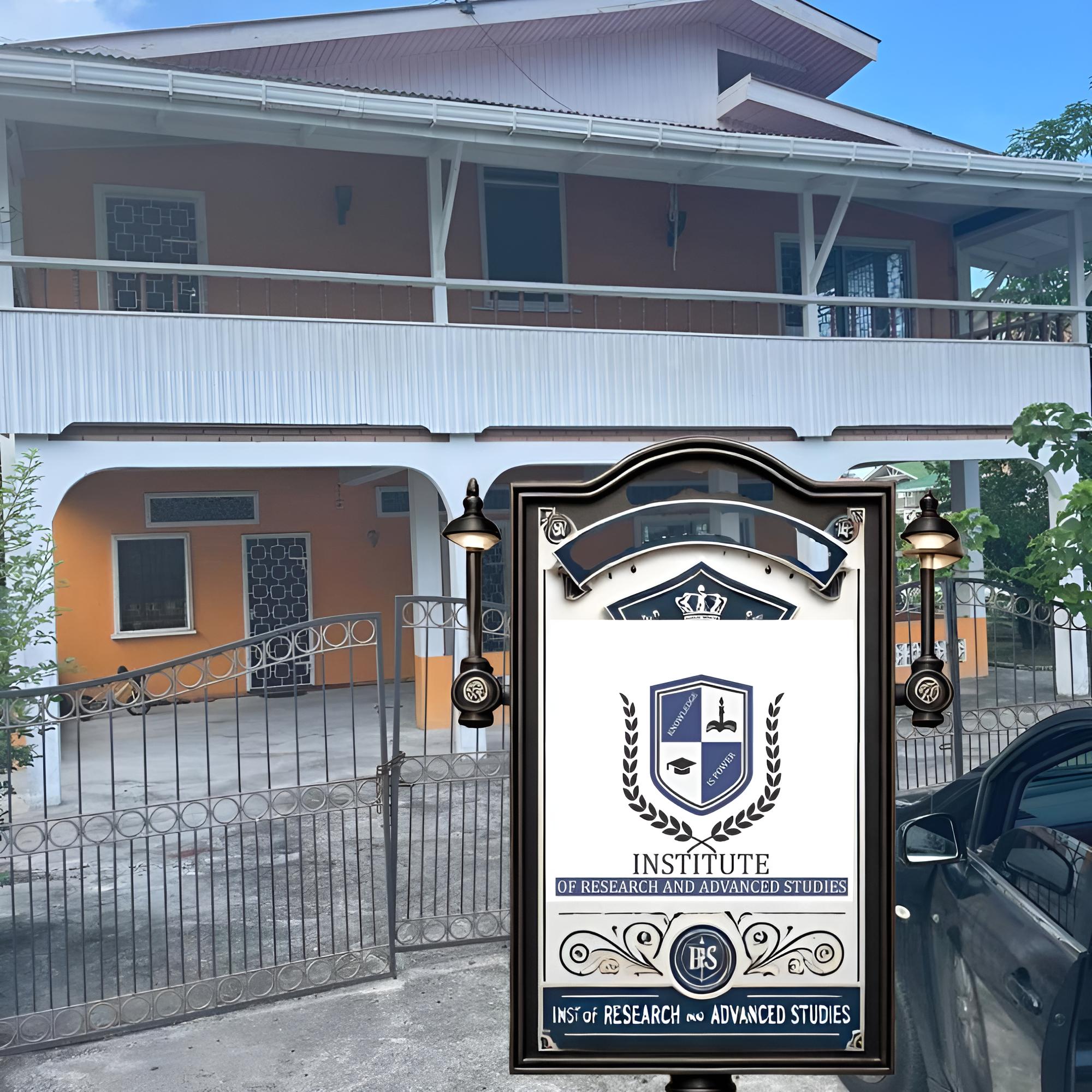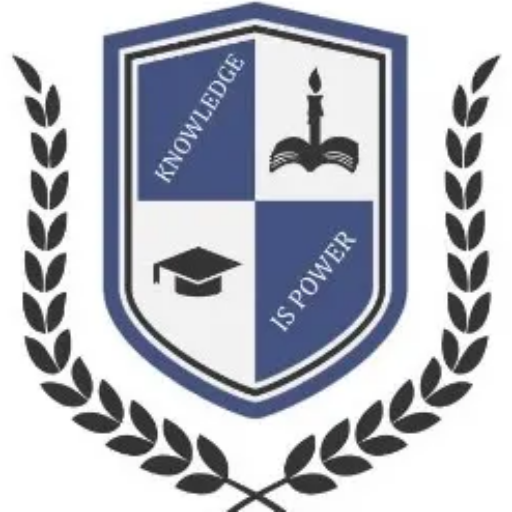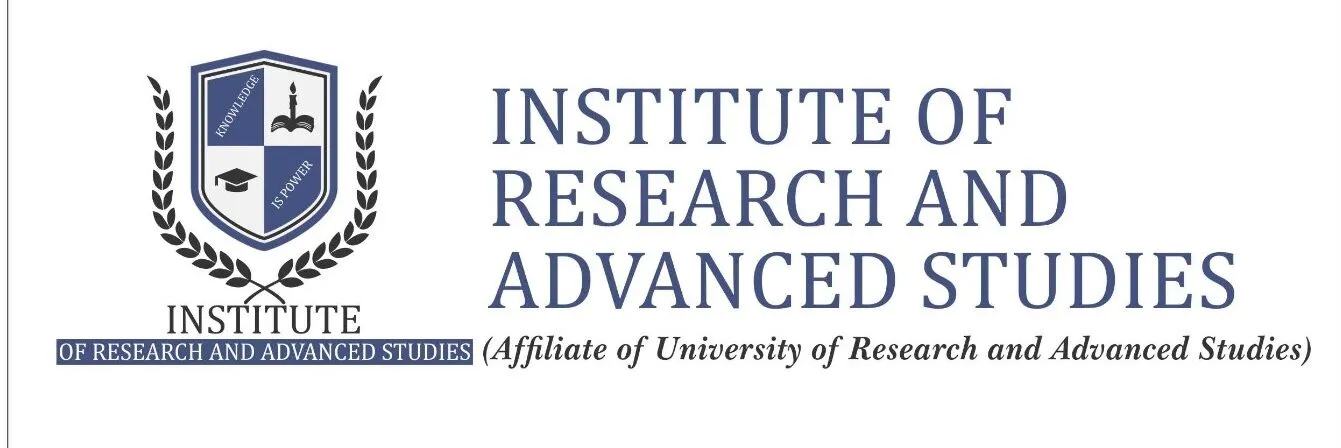Discover Guyana
A Land of Water, Nature, and Endless Opportunities

About Guyana
Guyana, located in the northeastern corner of South America, is a land of vibrant culture and rich history. Known as the "Land of Water" by its Indigenous peoples, it offers a unique blend of British and Dutch colonial heritage alongside its pristine rainforests, sugarcane plantations, rice fields, and abundant natural resources like bauxite and gold.
The only English-speaking country in South America, Guyana is an ideal place for international students seeking quality education and cultural exploration.
Education in Guyana
Learn more about how Guyana fosters academic excellence and provides world-class opportunities.
Higher Education
Guyana is home to institutions offering undergraduate and postgraduate degrees in various fields, tailored for global competitiveness.
International Reach
With English as the primary language, students from around the world find it easy to adapt and excel in Guyana's academic environment.
Environmental Learning
Guyana's untouched rainforests and ecosystems provide a perfect backdrop for environmental studies and research.
Economic and Career Opportunities
Explore how Guyana's growing economy benefits students and professionals alike.
Natural Resources
Guyana's rich reserves of bauxite, gold, and oil offer immense opportunities for careers in mining, engineering, and energy sectors.
Growing Infrastructure
With a focus on modernization, Guyana's expanding infrastructure projects open doors for students in architecture, engineering, and urban planning.
Start Your Journey in Guyana
Join thousands of students discovering their potential in this unique and vibrant country.
Apply Now Learn MoreDiscover Our Campus
Institute of Research and Advanced Studies
The Institute of Research and Advanced Studies was established to deliver Transferrable Skills in Social Sciences, Engineering, and Medicine in collaborate with Accredited Universities in UK, USA, and African. The Law establishing the university is:
The Laws of Guyana Company’s Act 1991 under which a Memorandum all Articles of Association of the University of Research and Advanced Studies is incorporated as (Limited Guarantee) and now has full approval and accreditations by various governments, organizations, and institutions.


